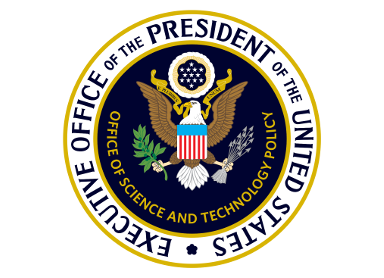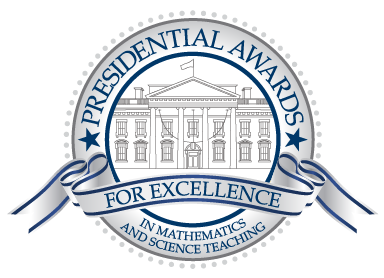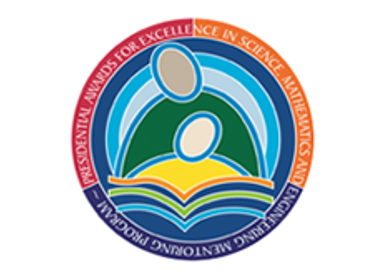The Presidential Award will offer a platform that I would use to advocate for a greater commitment to teach science as hypothesis-driven scientific inquiry. I will have this once-in-a-lifetime opportunity to discuss science education reform with influential science educators and policymakers. I welcome the chance to present my ideas, informed by my experiences as a research scientist, to emphasize authentic scientific discovery in science education.
William Wallace Washington, DC | 7-12, Science, 2011
The official biography below was current at the time of the award.
Bill Wallace currently teaches Physiology and Research Methods in Biology to juniors and seniors at Georgetown Day School. Previously, he was a postdoctoral fellow in the laboratory of Nobel laureate Paul Greengard at Yale and Rockefeller universities. As faculty, he investigated the molecular biology of Alzheimer’s disease at Mount Sinai School of Medicine and the National Institute on Aging. For the past 14 years, Bill's teaching has been closely informed by his prior research experiences. Both of the courses he teaches at Georgetown Day School were designed by him to teach students to think like a scientist by using hypothesis-driven scientific inquiry and authentic discovery. Bill has worked closely with national science education advocacy organizations. He serves on the Education Committee of the American Society for Cell Biology to help reform science education. In addition, Bill works with the Society for Science and the Public as the head judge for the newly established Broadcom Masters Competition for middle school students and as an advisor and mentor for the Teacher Fellows program. Bill has a B.S. in chemistry from the University of Maryland and a Ph.D. in biochemistry from Case Western Reserve University.
- High-resolution version of the official portrait photograph
- Awardee holding Presidential certificate between Secretary of Education Arne Duncan and NSF Deputy Director Cora Marrett.
- High-resolution version of the teacher profile photograph
Know a great teacher like William Wallace? Sign up to be notified when nominations open




